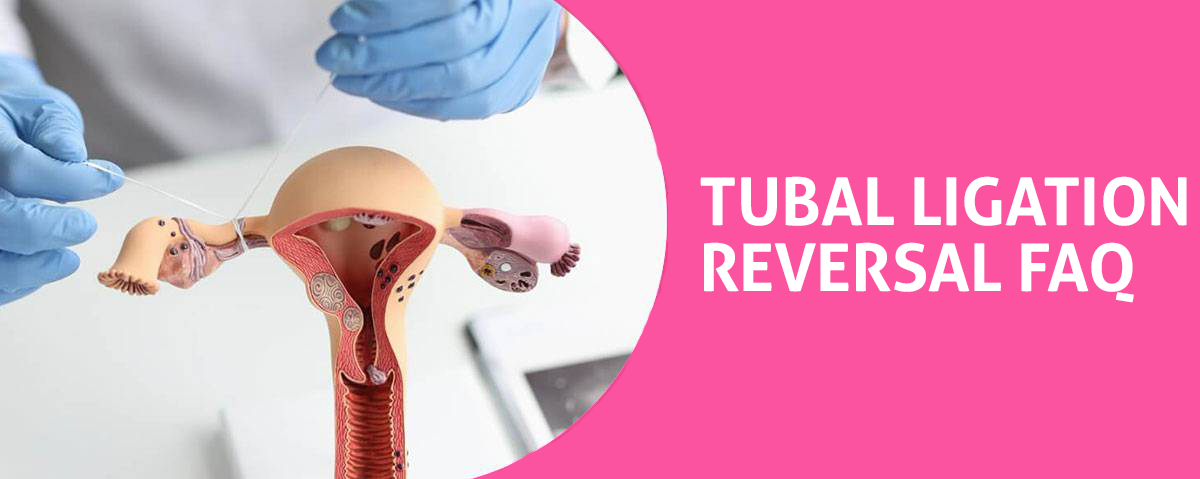How Common Is It to Get Pregnant 7 Years After a Tubal Ligation?
Like threading a needle in the dark, becoming pregnant after a tubal ligation can seem nearly impossible. Yet, you might be surprised to learn it’s not as uncommon as you’d think, even 7 years post-procedure. This article will shed light on the statistics, reasons for late-term conception, and signs of pregnancy after a tubal ligation. So buckle up, you’re about to embark on an enlightening journey through the complexities of female fertility.
Pregnancy Statistics Post-Ligation
Despite the high effectiveness of tubal ligation, you’re likely wondering about the odds of becoming pregnant post-procedure, especially seven years down the line. While rare, it’s important to note that pregnancies can occur, even after this procedure. The chance of pregnancy is about 1.8% within the first year, and the cumulative pregnancy rate increases to about 3.7% after ten years. A significant percentage of these pregnancies are ectopic, which means the fertilized egg implants outside the uterus, often in the fallopian tube. Ligation reversal is an option for those who decide later they want to conceive, but it’s not guaranteed to result in pregnancy and carries its own risks. Therefore, it’s crucial to be sure about your decision before having the procedure.
Reasons for Late-Term Conception
Seven years post-ligation, you might wonder why late-term conceptions can still occur. The primary culprit is usually hormonal imbalances. Hormones are a key part of the reproductive process, and any shift in their balance can lead to unexpected fertility. For example, some women may experience an increase in fertility hormones due to certain health conditions or medications, which can potentially override the effects of tubal ligation. Additionally, menopause onset is another factor that can lead to late-term conception. As menopause approaches, your body experiences a surge in fertility hormones in an attempt to optimize the remaining eggs’ potential. This hormonal rush can sometimes result in conception, even if you’ve had a tubal ligation.
Recognizing Pregnancy Signs After Ligation
Even after a tubal ligation, you’ll want to be on the lookout for signs of pregnancy, particularly if you’re experiencing hormonal fluctuations. Hormonal changes can cause pregnancy symptoms that resemble those of a typical pregnancy. These may include missed periods, breast tenderness, nausea or vomiting, and increased urination.
Other Popular Questions About Tubal Ligation Reversal:
How Dangerous Is Tubal Ligation?
How Common Is Weight Gain After Tubal Ligation?
How Common Is Tubal Ligation Failure?
How Common Is Regret After Tubal Ligation?
How Common Is Recanalization After Tubal Ligation?
How Common Is It to Get Pregnant 7 Years After a Tubal Ligation?
How Can You Tell if Your Tubal Ligation Failed?
How Can You Still Have Periods After Tubal Ligation Anatomy?
How Can You Have a Period After Tubal Ligation?
How Can I Tell What Type of Tubal Ligation I Had?
How Can I Reverse Tubal Ligation?
How Can I Prevent Early Menopause After Tubal Ligation?
By using this webiste you agree to Terms and Conditions
